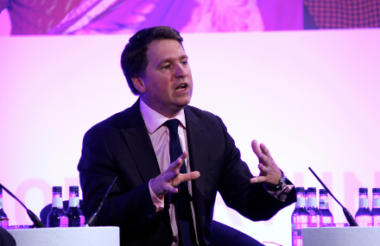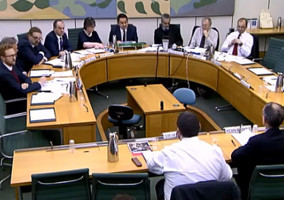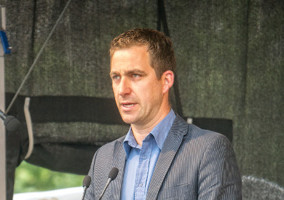Justin Forsyth has resigned from his role at Unicef just days after reports that he left his chief executive role at Save the Children following inappropriate behaviour towards women.
Forsyth said in a statement that he was leaving his role as deputy executive director at Unicef “because of the danger of damaging both Unicef and Save the Children and our wider cause”.
In the statement, seen by the BBC, Forsyth said: “I want to make clear I am not resigning from Unicef because of the mistakes I made at Save the Children. They were dealt with through a proper process many years ago. I apologised unreservedly at the time and face to face. I apologise again.”
Hearing Justin Forsyth has resigned from UNICEF- statement below pic.twitter.com/bFxSxKz2Y1
— Jack Evans (@jackcevans) February 22, 2018
Earlier today it was revealed that Unicef was not informed that the former head of Save the Children had behaved inappropriately to women before it hired him as a senior executive.
Save the Children confirmed earlier this week that concerns were raised about inappropriate behaviour and comments by Forsyth in 2011 and 2015, who was chief executive at the time. A review into the handling of the matter at that time found that “HR processes have not been followed in every aspect”.
Save the Children said that in each of the cases raised against Forsyth, the chair instructed HR to manage the process in conjunction with an independent trustee.
Two trustees carried out two separate investigations into a total of three complaints made by three female employees. It said that both reviews resulted in “unreserved apologies” from Forsyth, and that “all the parties agreed to this”. It said Forysth apologised to the women and that “at that time the matters were closed”.
But, the statement added that concerns were then raised with trustees that “matters should not have been left as they were and that a further review was required”. It was this review which found that proper HR process had not been followed.
Related articles












